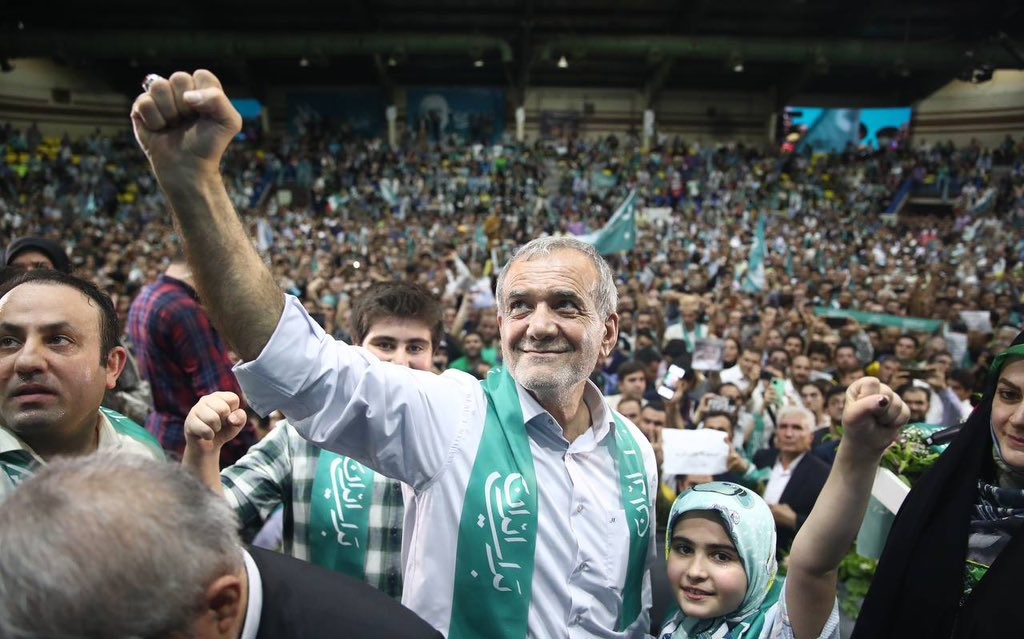
Pezeshkian vows to serve all Iranians
Masoud Pezeshkian, positioned as a centrist and reformist figure, emphasised the significance of his win in opening a “new chapter” for Iran…reports Asian Lite News Reformist candidate Masoud Pezeshkian has secured a

